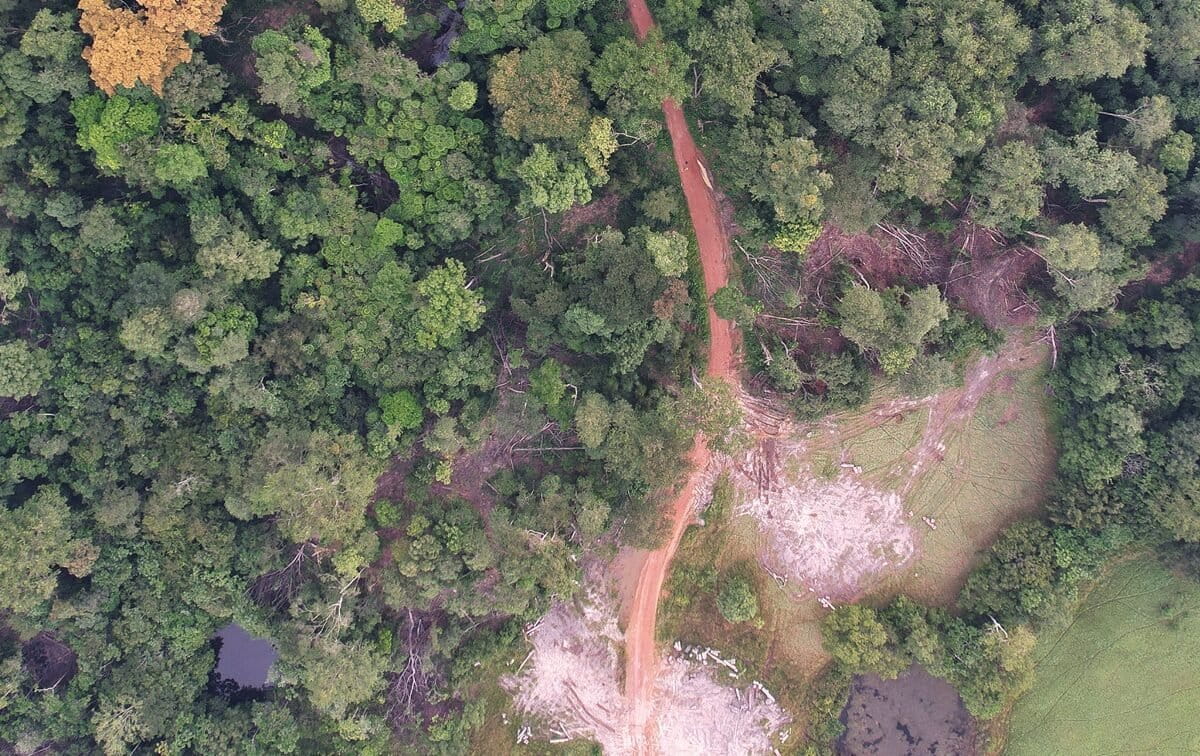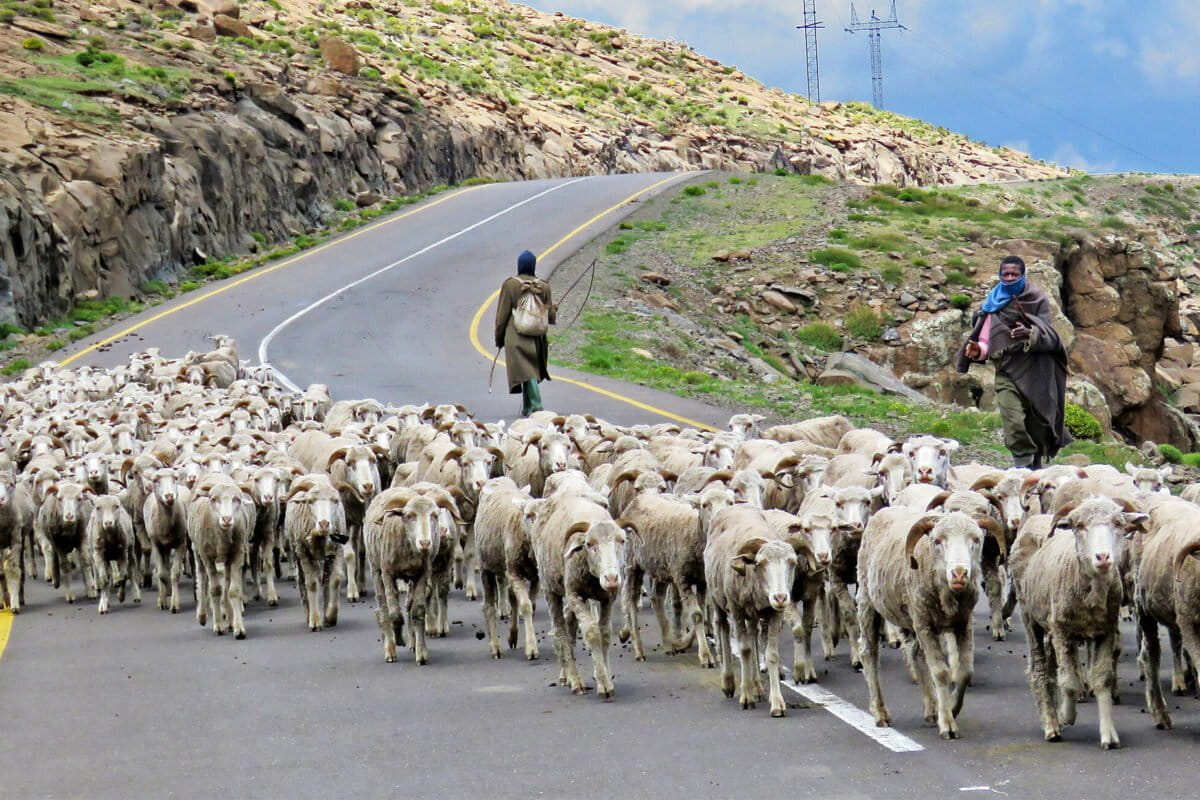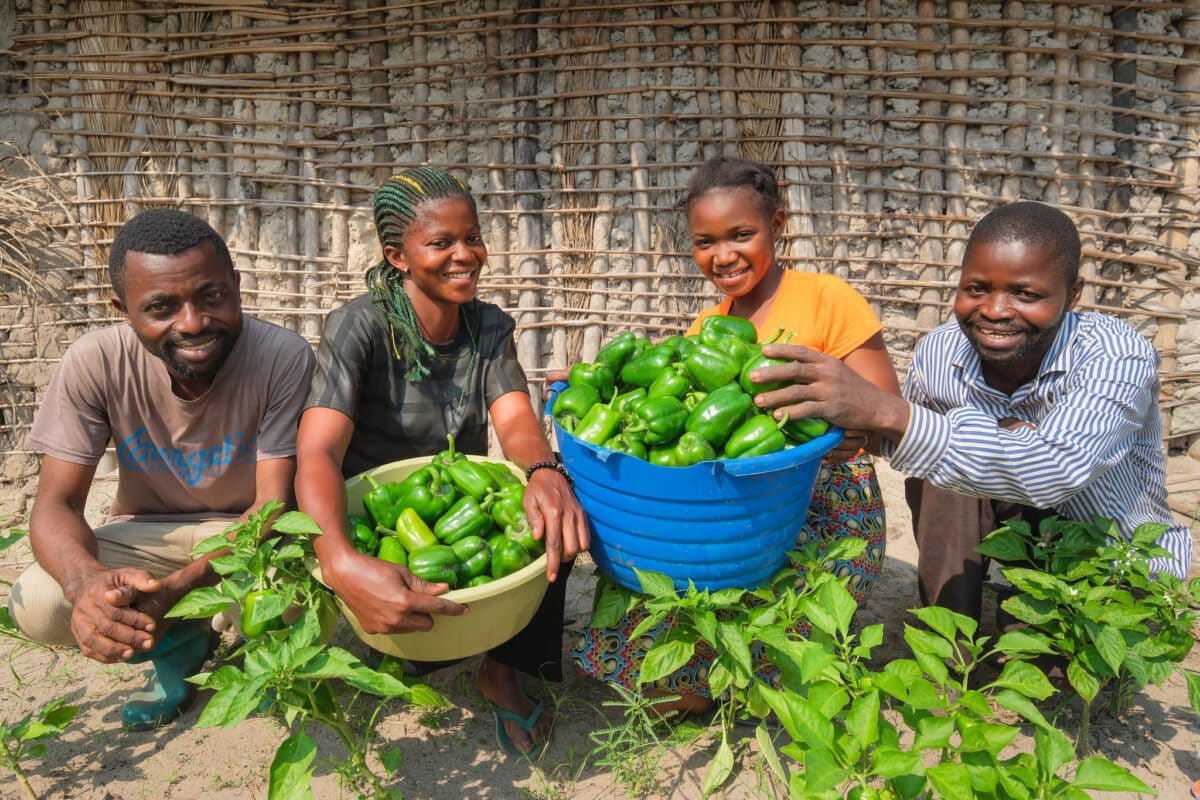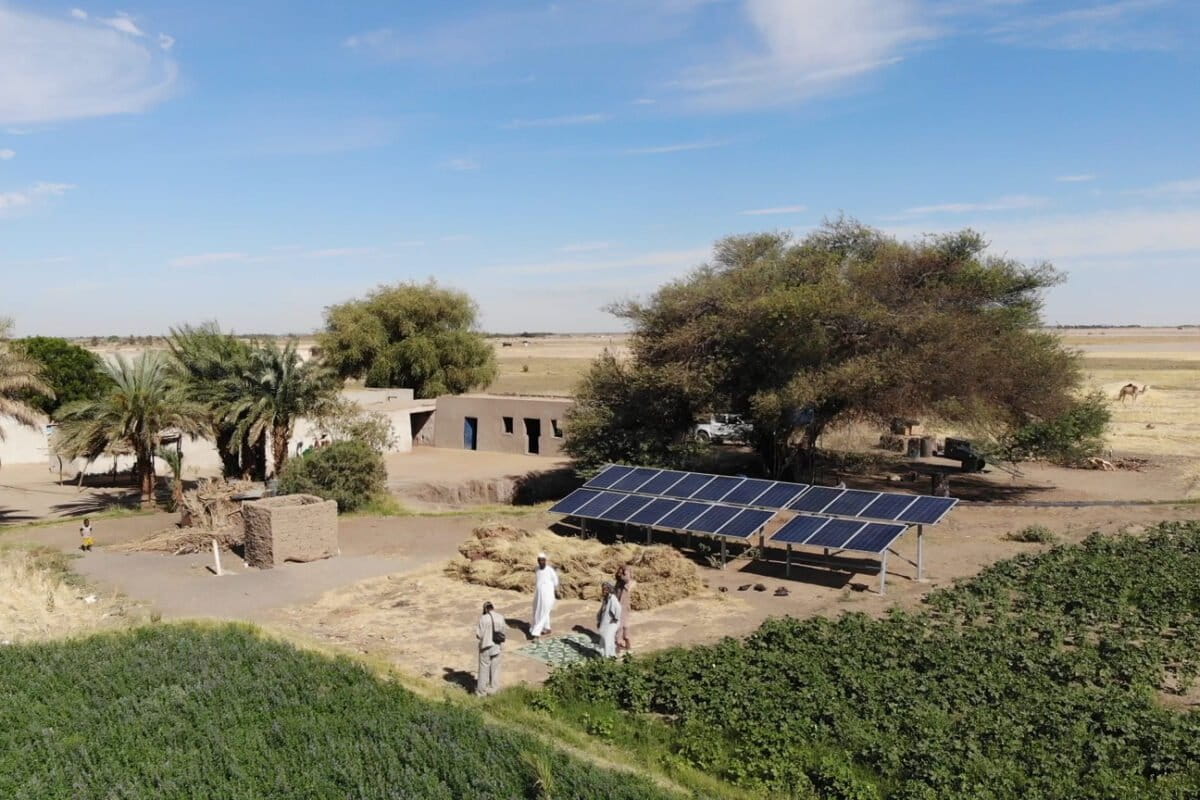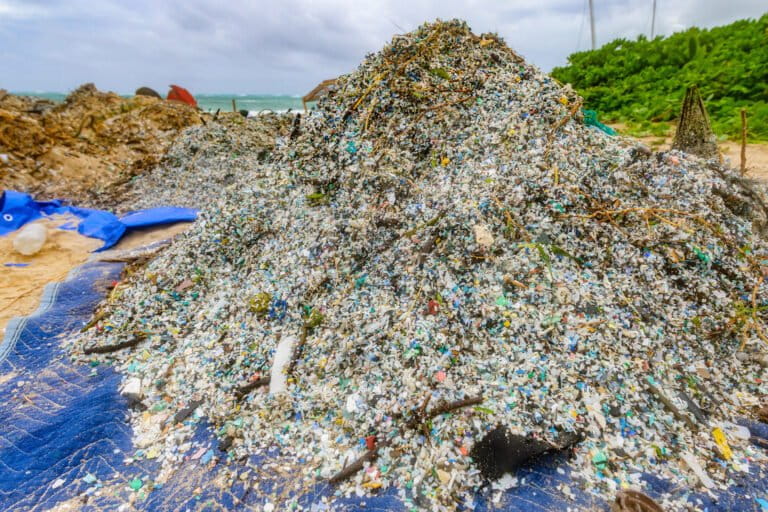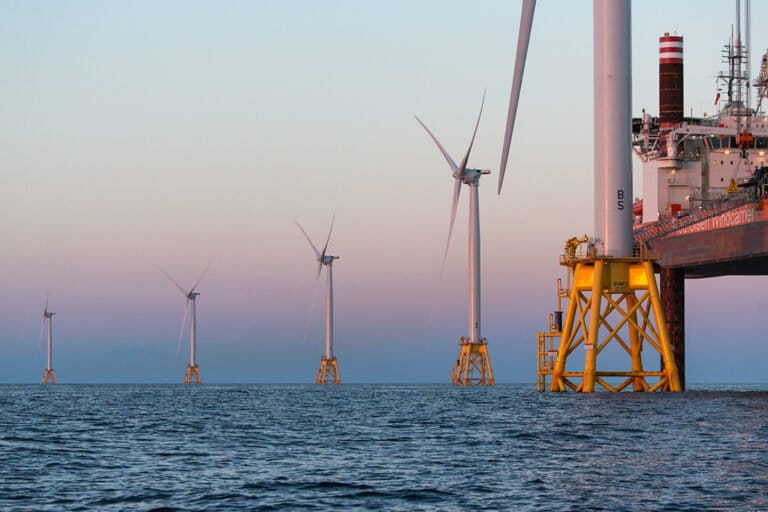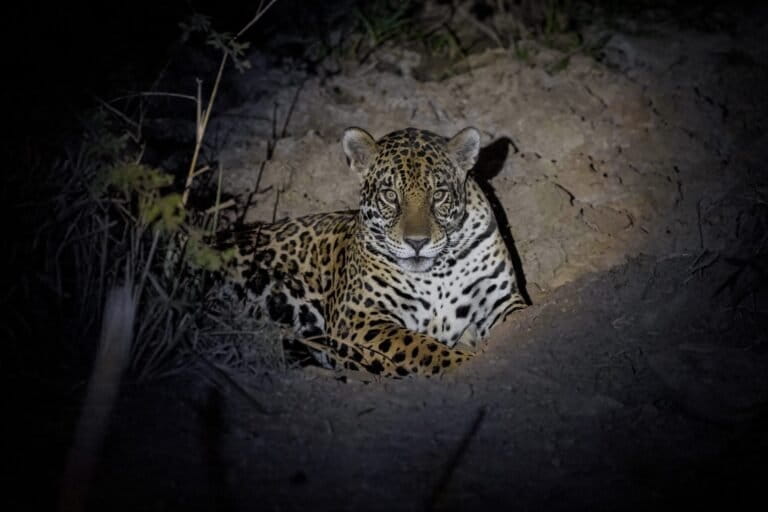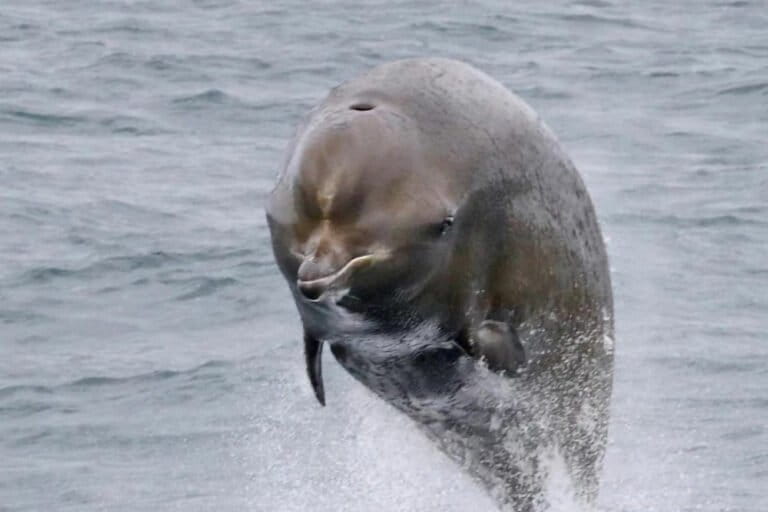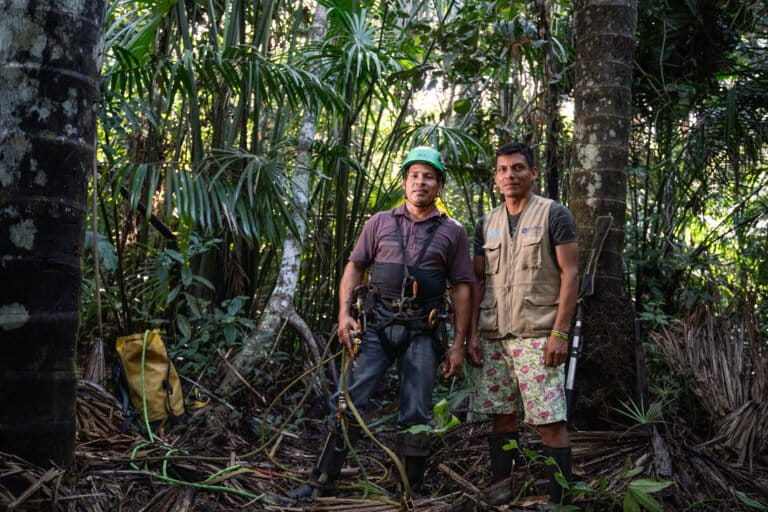- At a press conference, a top navy official confirmed that the Mexican government has arrested members of criminal groups dedicated to illegally fishing totoaba in the Gulf of California.
- Totoaba bladders can go for as much as $80,000 per kilo, earning them the nickname “the cocaine of the sea.”
- Illegal totoaba fishing practices have contributed to the drastic population decline of vaquita, a small porpoise on the brink of extinction.
- Although the government’s arrests could slow the threats against the vaquita, other criminal groups are also interested in trafficking totoaba, suggesting that the fight to conserve marine populations in the gulf isn’t over.
MEXICO CITY, MEXICO — Some of the country’s most ambitious and successful wildlife traffickers are now in jail, officials announced.
Mexico’s navy confirmed in a press conference that members of cartels dedicated to the trafficking of totoaba have been arrested and put in prison, effectively dismantling some of the main organized crime groups contributing to declining fish populations in the Gulf of California.
Since 2019, officials have managed to arrest seven members of the “Totoaba Cartel” and the leader of the “Cartel of the Sea,” both of whom targeted the endangered fish species for its treasured swim bladder, considered a delicacy when dried and sold at markets in China.
Now, those groups appear to be defunct, the navy said.

Totoaba bladders can go for between $20,000 and $80,000 per kilo, Mongabay previously reported, earning them the nickname “the cocaine of the sea.”
The arrested cartel members were Mexican and Chinese. They provided fishermen with the expensive nets needed to catch totoaba and then smuggled their bladders to China — often on commercial flights.
Last year, Mongabay reported on the difficulty of developing conservation measures for the vaquita, as some experts believe the issue should be left to crime specialists, not biologists or activists.
Mexico’s Gulf of California, where the illegal fishing of totoaba (Totoaba macdonaldi) takes place, is also home to the vaquita (Phocoena sinus), a porpoise approximately five feet (1.5 meters) long that often gets caught in the fishing nets. As a result, there are only around nine vaquita left, experts believe, leading to a growing response from the government and conservation groups to set up patrols and monitoring systems.
Over the last three years, the navy has carried out over 14,000 boat inspections and over 6,500 vehicle inspections. It also checked 37 warehouses and other buildings. In addition to the cartel arrests, officials managed to confiscate 744 illegal fishing nets.

Admiral José Rafael Ojeda Durán, the top official for the navy, said at the press conference that the government has installed radar around “zero-tolerance zones” and worked to create a culture of reporting among local fishermen.
The efforts were carried out in coordination with the Secretariat of Agriculture and Rural Development (SADER), Secretariat of Environment and Natural Resources (Semarnat) and the National Commission for Aquaculture and Fisheries (Conapesca).
Mongabay has reported on other criminal organizations’ interest in trafficking totoaba bladders — as well as the resurgence of trafficking groups even after major arrests were made — suggesting that threats against marine life in the gulf could continue.
Banner image: Two vaquita swimming in the Gulf of Mexico. Photo courtesy of Wikimedia.
FEEDBACK: Use this form to send a message to the author of this post. If you want to post a public comment, you can do that at the bottom of the page.



